Table of Contents[Hide][Show]
- Nutrivore Score for Mussels – 1564
- Mussel Nutrition Facts
- Mussel Nutrition Varies With Cooking
Health Benefits of Mussels+−
- Mussels Provide 575% DV Vitamin B12 (Cobalamin)
- Mussels Provide 203% DV EPA+DHA
- Mussels Provide 753.7 mg of Taurine
- Mussels Provide 170% DV Manganese
- Mussels Provide 94% DV Selenium
- Mussels Provide 87% DV Vitamin B7 (Biotin)
- Mussels Provide 80% DV Iodine
- Mussels Provide 13.7 g of Protein
- Mussels Provide 25% DV Iron
- How Much Mussels Should We Eat Per Day?
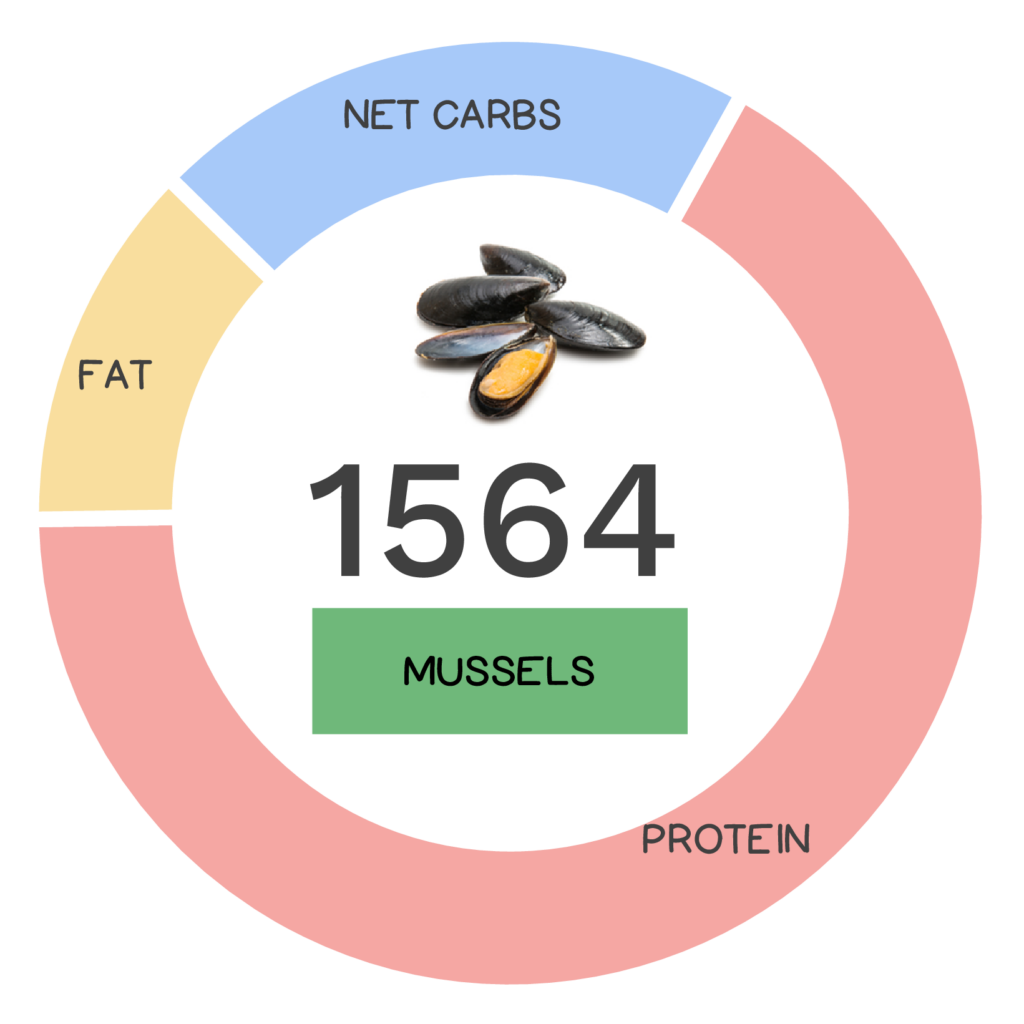
If you’ve ever seen oblong shellfish scattered along the beach, or clumped together clinging to rocks or posts by the water, you’re familiar with mussels. This popular seafood with its dark-blackish shell and silvery interior is popular in cuisines around the world, whether consumed with french fries as in Belgium or simply steam-cooked and enjoyed by the plateful, this shellfish is a one pot wonder.
There are currently over 9,000 known living species of bivalves throughout the world!
Shellfish is a general term used to describe aquatic invertebrates with exoskeletons consumed as food, which basically means animals without backbones that live in the water and have some type of shell (even though they are not actually fish!). Bivalves are shellfish with a hinged two-part shell (called valves) found both in saltwater and freshwater environments and living everywhere from the tropics to the freezing Arctic. They’re incredibly ancient creatures, first appearing in the fossil record more than 500 million years ago! There are currently over 9,000 known living species of bivalves throughout the world, though humans only cultivate and routinely eat a small portion of those, including popular foods such as clams, mussels, and oysters.
Mussels are used for the cultivation of freshwater pearls, and their byssal threads are being investigated for numerous industrial and surgical applications for use as a superior bonding agent!
The term mussel refers to members of several families of bivalve molluscs, all with an asymmetrical elongated shell, found in both fresh water and salt water environments (concentrated in temperate zones). These creatures are sedentary and secure themselves to substrates by their byssal threads (commonly referred to as “the beard”). This extremely tough, strong, elastic thread is formed when mussels secrete a viscous liquid that hardens after coming into contact with sea water. It is so strong that it has been recognized as a superior bonding agent and is being investigated for numerous industrial and surgical applications. Guess they truly are the “strongest” creature in the sea (get it? because of their “mussels”!). Amazingly, mussels also use this material as a means of defense, using it to immobilize predators, eventually starving them to death! Though they are capable of viciously killing predators, they also have a gentler side and are used for the cultivation of freshwater pearls.
Mussels are filter feeders capable of filtering up to 17 gallons or 64 litres a day, which makes them useful bio-indicators to monitor the health of aquatic ecosystems.
Humans have been consuming mussels for thousands of years and have been cultivating them in Europe for almost 800 years. Prehistoric Scottish settlements have been identified by large mounds of mussel shells nearby and piles of shells extend for miles along-side settlements of Indigenous peoples of North America, who also used them as tools, in trade and ornamentally. During WWII the consumption of mussels was encouraged in the US as an alternative to red meat, whose supply was limited. Today, China leads the world in mussel production, contributing 40% of the global mussel catch, but this seafood is also cultivated in Europe and North America, where Prince Edward Island in Canada leads the way. Lucky for us, there are numerous methods for cultivating mussels and they grow quickly, ready for harvest in under 2 years. Since mussels are filter feeders capable of filtering up to 17 gallons or 64 litres a day, they are also useful bio-indicators to monitor the health of aquatic ecosystems. Great for the environment and great for our health, plus delicious – a win, win, win!
Learn What Foods to *ADD* to Your Diet
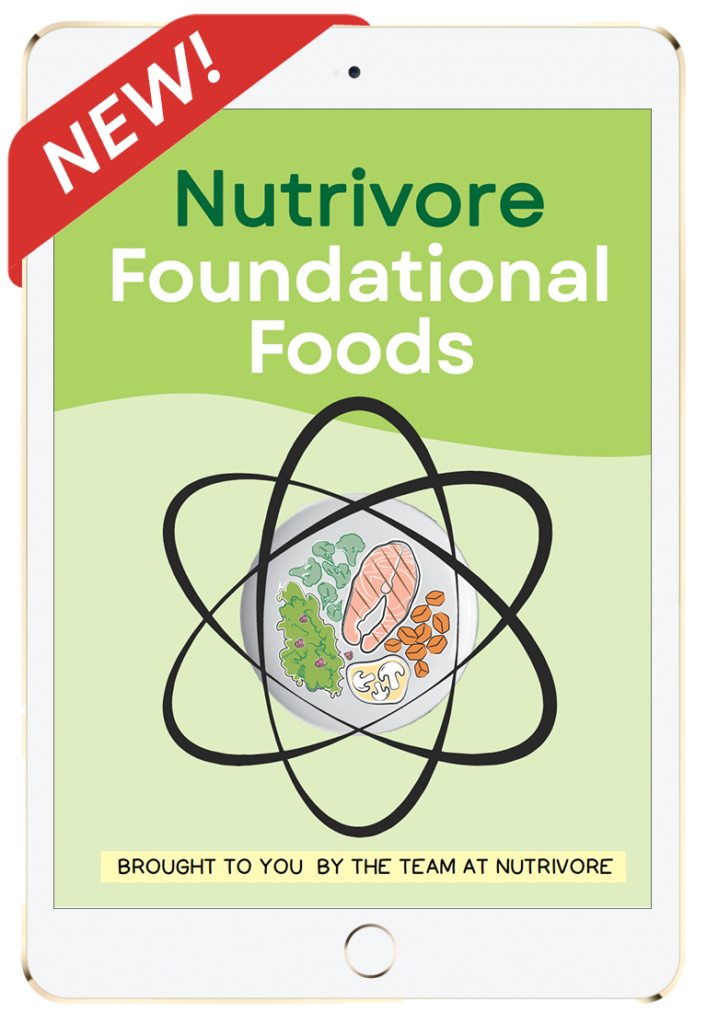
Nutrivore Foundational Foods
Learn what makes the 12 Nutrivore foundational food families nutritionally unique, their health benefits, which options are the most nutrient dense, how much of them to eat, plus various fun facts, practical pointers, and busting of common myths.
This very helpful resource will introduce you to new foods and expand your nutrition knowledge, making food choices easier!
Buy now for instant digital access.
Nutrivore Score for Mussels – 1564
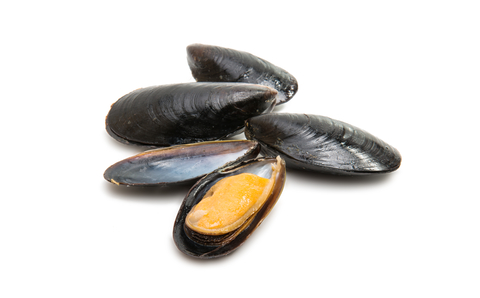
Mussels have a Nutrivore Score of 1564, making them a super nutrient-dense food! Plus, they are a low-carb food; mussels have just 4.2 grams of net carbs per 115 gram serving.
Per serving, mussels are a best source (>50% daily value) of EPA + DHA, iodine, manganese, selenium, taurine, vitamin B7 (biotin), and vitamin B12 (cobalamin); an excellent source (20-50% daily value) of iron and protein; and a good source (10-20% daily value) of choline, copper, coQ10, phosphorus, vitamin B1 (thiamin), vitamin B2 (riboflavin), vitamin B3 (niacin), vitamin B5 (pantothenic acid), vitamin B9 (folate), vitamin C, and zinc.
Ditch Diets. Embrace Nutrients. Start with this FREE Guide.
Sign up for the free Nutrivore Newsletter, your weekly, science-backed guide to improving health through nutrient-rich foods — without dieting harder —and get the Beginner’s Guide to Nutrivore delivered straight to your inbox!

Mussel Nutrition Facts
One serving of mussels is standardized to 4 ounces or about 115 grams. The average weight of a single mussel ranges from 10 grams (small) to 20 grams (large), which means: a 115-gram serving of mussels roughly equates to between 7 and 8 medium-sized mussels. When you cook mussels, they reduce in volume by approximately 50%: 100 grams raw mussels is equivalent to 50 grams cooked mussels.
Mussel Nutrition Facts Per Serving
| Mussels, raw | Nutrivore Score: 1564 | Nutrient Density: Super! |
|---|---|---|
| Serving Size: 4 ounces (115 grams) | Protein: 13.7 grams | Net Carbohydrates: 4.2 grams |
| Calories: 99 | Total Fat: 2.6 grams | Dietary Fiber: 0.0 grams |

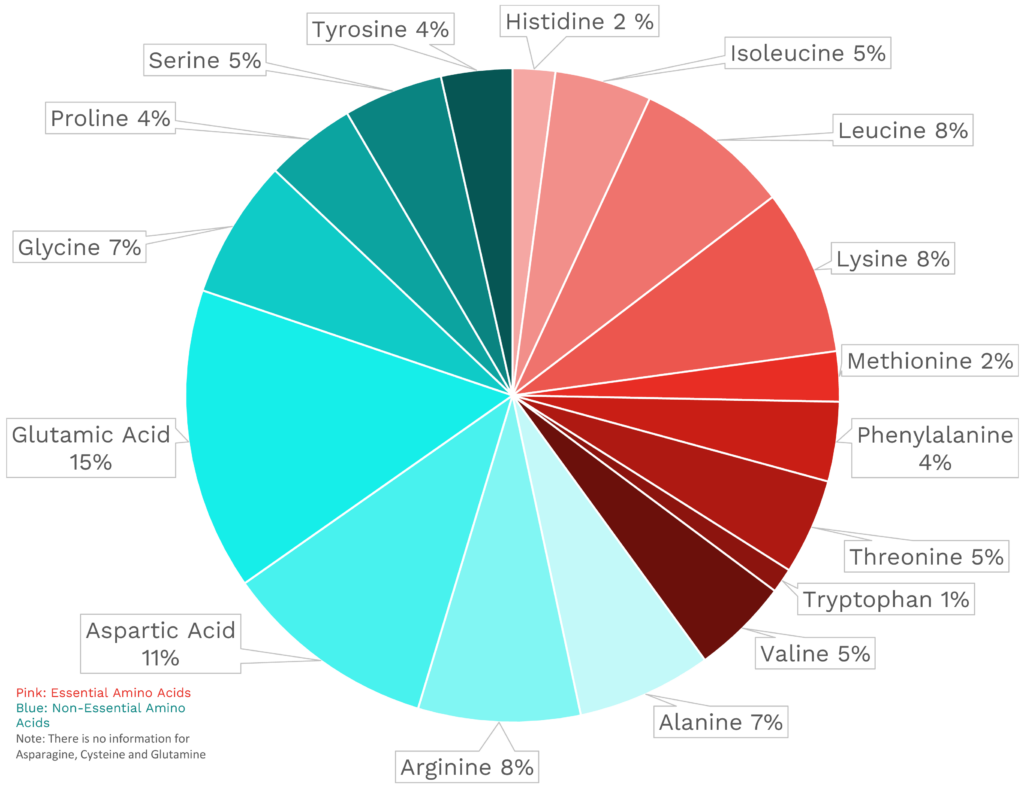
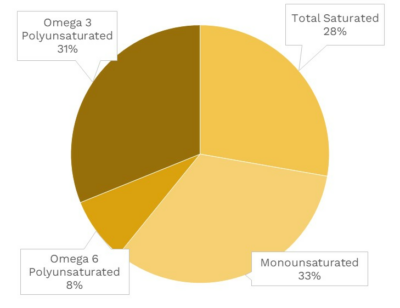
| VITAMINS | ||
|---|---|---|
| Vitamin A | 55.2 μg RAE | 6% DV |
| Vitamin B1 (Thiamin) | 184.0 μg | 15% DV |
| Vitamin B2 (Riboflavin) | 241.5 μg | 19% DV |
| Vitamin B3 (Niacin) | 1.8 mg | 12% DV |
| Vitamin B5 (Pantothenic Acid) | 0.6 mg | 12% DV |
| Vitamin B6 (Pyridoxine) | 57.5 μg | 3% DV |
| Vitamin B7 (Biotin) | 26.1 μg | 87% DV |
| Vitamin B9 (Folate) | 48.3 μg | 12% DV |
| Vitamin B12 (Cobalamin) | 13.8 μg | 575% DV |
| Vitamin C | 9.2 mg | 10% DV |
| Vitamin D (D2 + D3) | 0.0 μg | 0% DV |
| Vitamin E | 0.7 mg | 4% DV |
| Vitamin K | 0.1 μg | 0% DV |
| Choline | 74.8 mg | 14% DV |
| Myo-Inositol | ~ | ~ |
| CoQ10 | 1.1 mg | ~ |
| FUNCTIONAL FATS | ||
|---|---|---|
| MUFA | 0.6 g | 3% DV |
| ALA | 23.0 mg | 1% DV |
| EPA + DHA | 507.2 mg | 203% DV |
| CLA | 1.0 mg | ~ |
| Linoleic Acid | 0.0 g | 0% DV |
| MCT’s | 0.0 g | ~ |
| MINERALS | ||
|---|---|---|
| Calcium | 29.9 mg | 2% DV |
| Copper | 108.1 μg | 12% DV |
| Iodine | 120.5 μg | 80% DV |
| Iron | 4.5 mg | 25% DV |
| Magnesium | 39.1 mg | 9% DV |
| Manganese | 3910.0 μg | 170% DV |
| Phosphorus | 226.6 mg | 18% DV |
| Potassium | 368.0 mg | 8% DV |
| Selenium | 51.5 μg | 94% DV |
| Sodium | 328.9 mg | 14% DV |
| Zinc | 1.8 mg | 17% DV |
| PHYTONUTRIENTS | ||
|---|---|---|
| Carotenoids | 0.0 μg | ~ |
| Polyphenols | 0.0 mg | ~ |
| Phytosterols | 0.0 mg | ~ |
| Glucosinolates | ~ | ~ |
| Thiosulfinates | ~ | ~ |
| Betalains | ~ | ~ |
| AMINO ACIDS & PEPTIDES | ||
|---|---|---|
| Taurine | 753.7 mg | ~ |
| Ergothioneine | ~ | ~ |
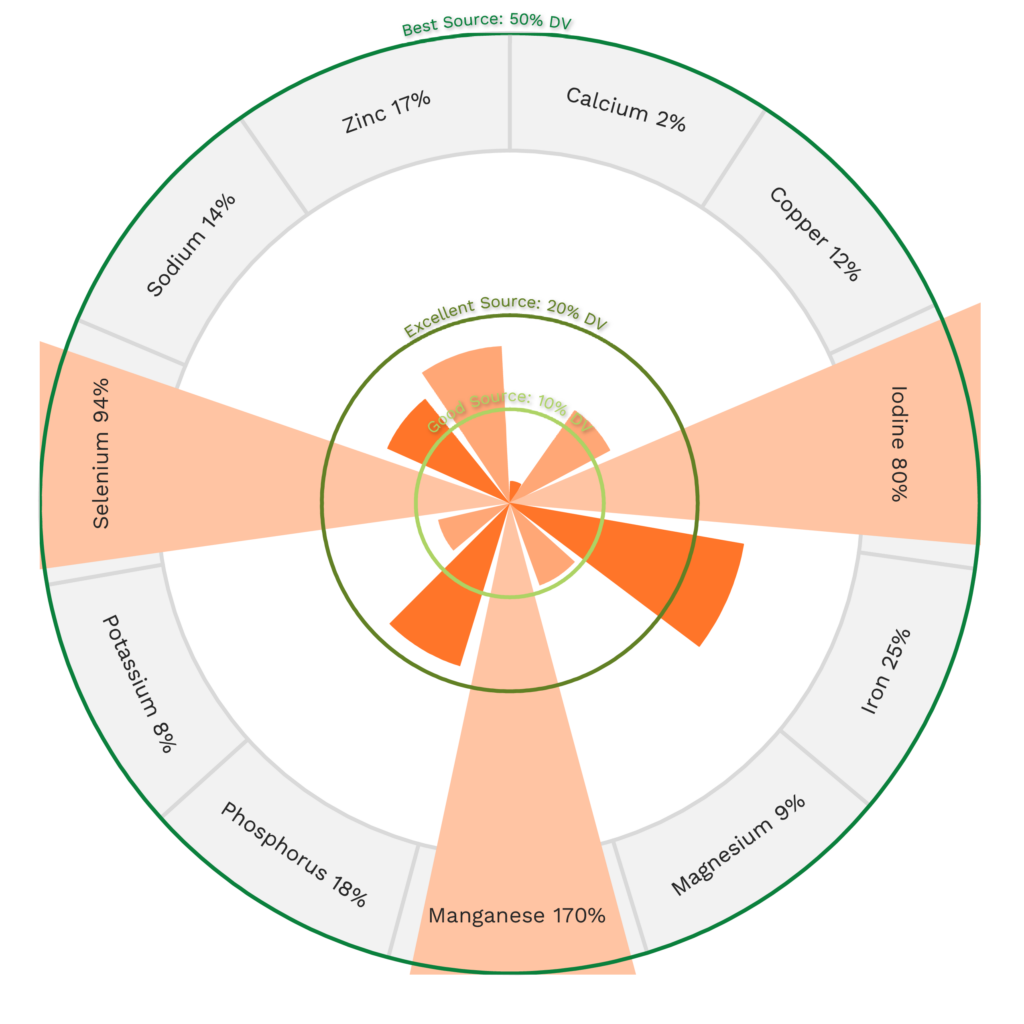
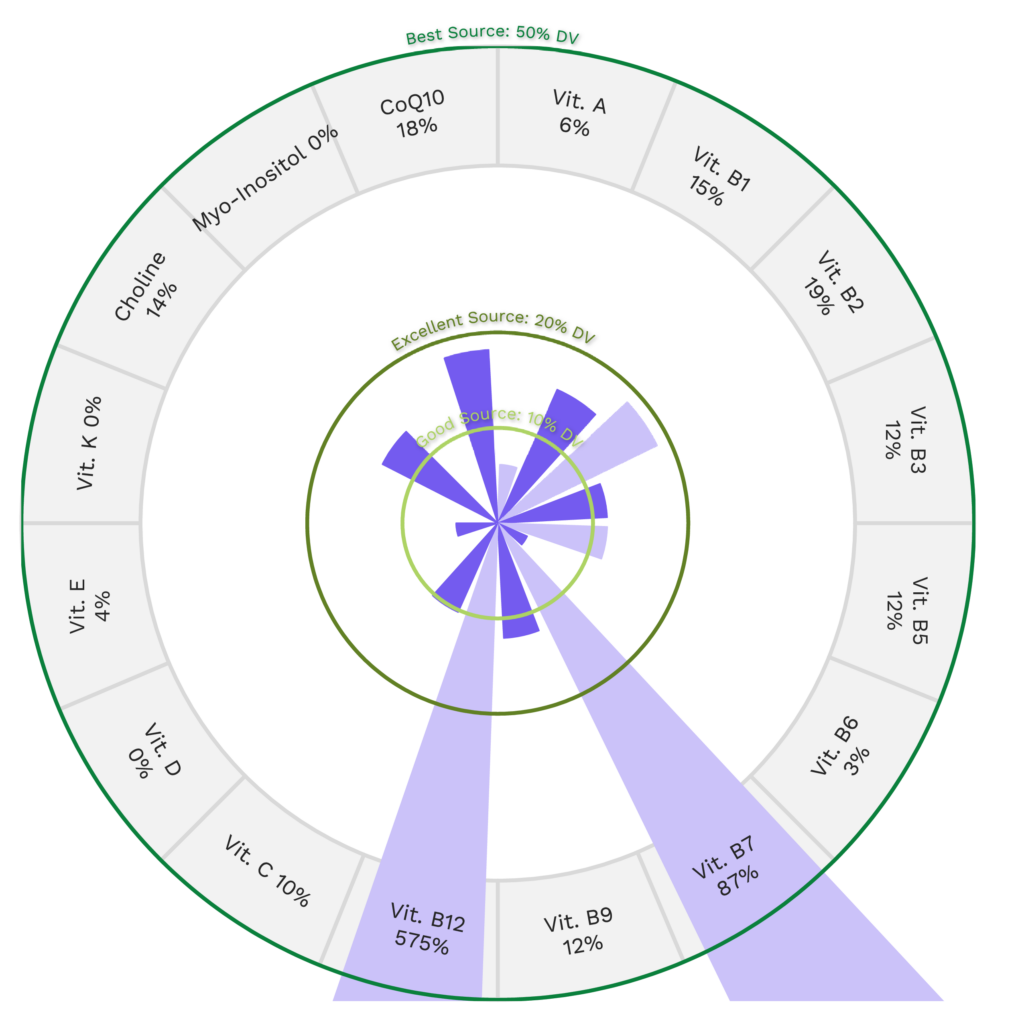
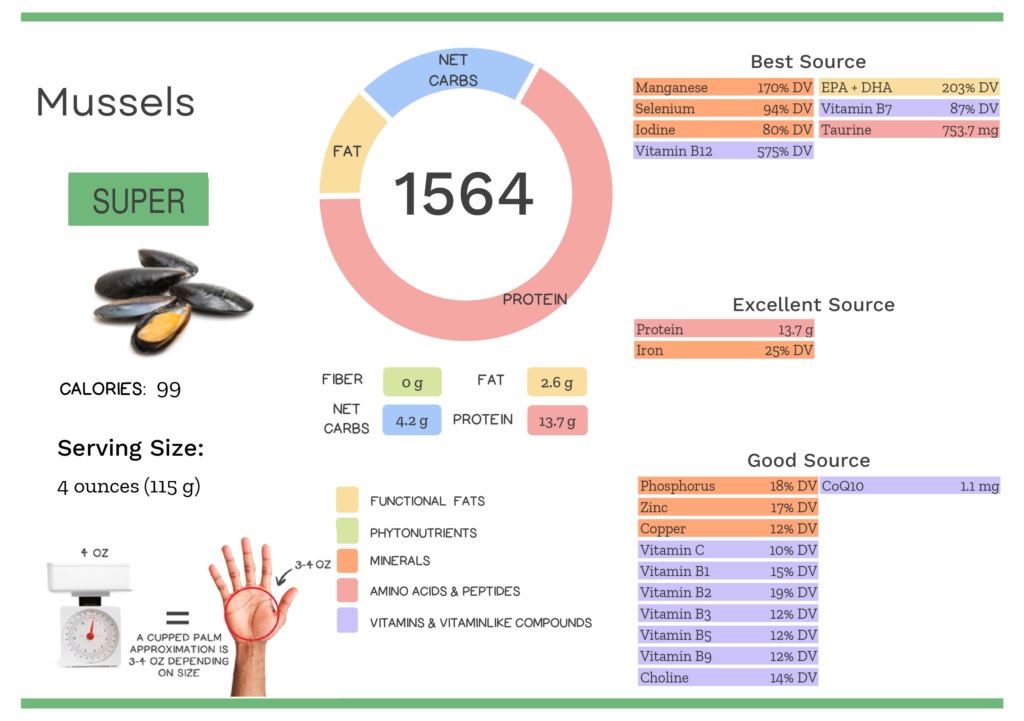

Quality Meat and Seafood
- 100% grass fed and finished beef, pasture-raised pork, pasture-raised chicken and wild-caught seafood
- Raised on regenerative family farms in the USA
- Fast delivery from our farms to your door
- Save 20% off for life, plus $15 off your first box, no coupon required
Mussel Nutrition Varies With Cooking
The Nutrivore Score of mussels varies depending on the method of preparation.
| NUTRIVORE SCORE | |
|---|---|
| Mussels, cooked, moist heat | 1512 |
| Mussels, raw | 1564 |
Impressed by the nutritional “strength” of mussels? Maybe your friends will be too!
Health Benefits of Mussels
Let’s take a closer look at all of the best and excellent source of nutrients found in a 4-ounce serving of mussels and see how they benefit our health.
Mussels Provide 575% DV Vitamin B12 (Cobalamin)
Mussels are a phenomenal source of vitamin B12 (cobalamin), providing a whopping 575% of the daily value per 4-ounce serving!
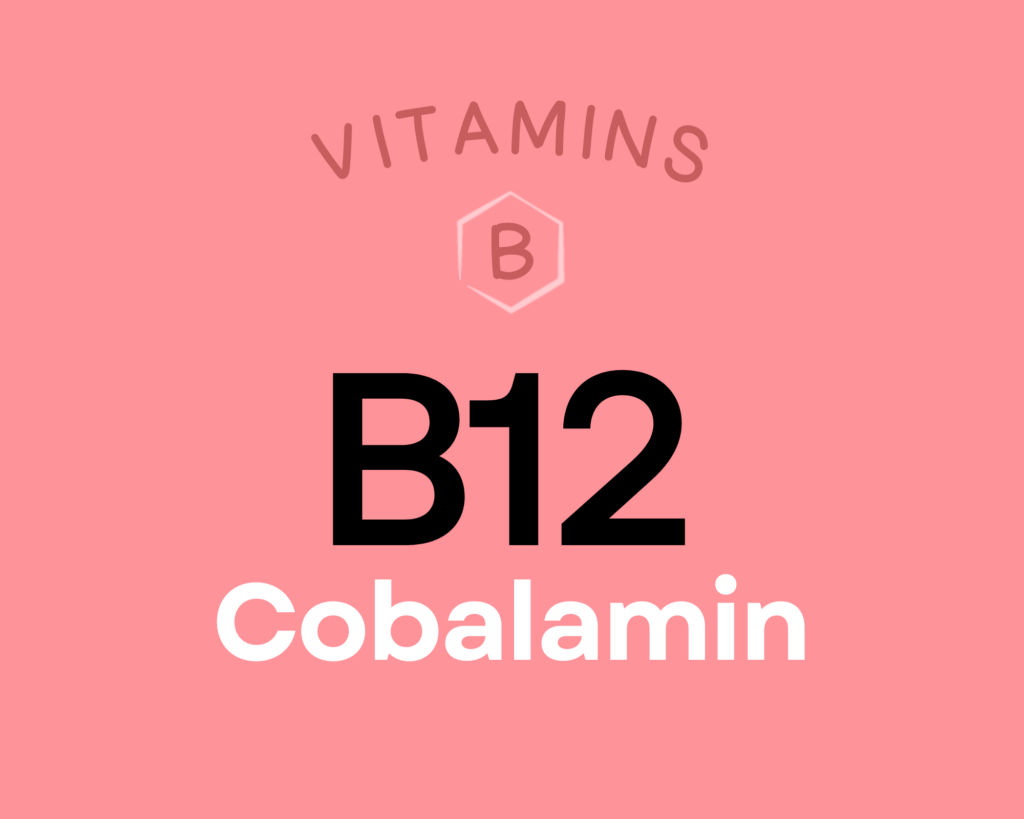
Vitamin B12 (cobalamin) is a water-soluble vitamin that serves as a cofactor for enzymes involved in energy metabolism, red blood cell production, DNA synthesis, neurotransmitter production, nervous system health, and folate metabolism. As a result of these roles, vitamin B12 is vital for maintaining brain and nervous system health, and may have a protective effect against dementia, Alzheimer’s disease, and depression. There’s also some evidence vitamin B12 may be cancer-protective, possibly through supporting folate metabolism (which then assists in repairing DNA damage). Learn more about vitamin B12 here.
Mussels Provide 203% DV EPA+DHA
Mussels are an amazing source of EPA+DHA, providing 203% of the daily value per 4-ounce serving!
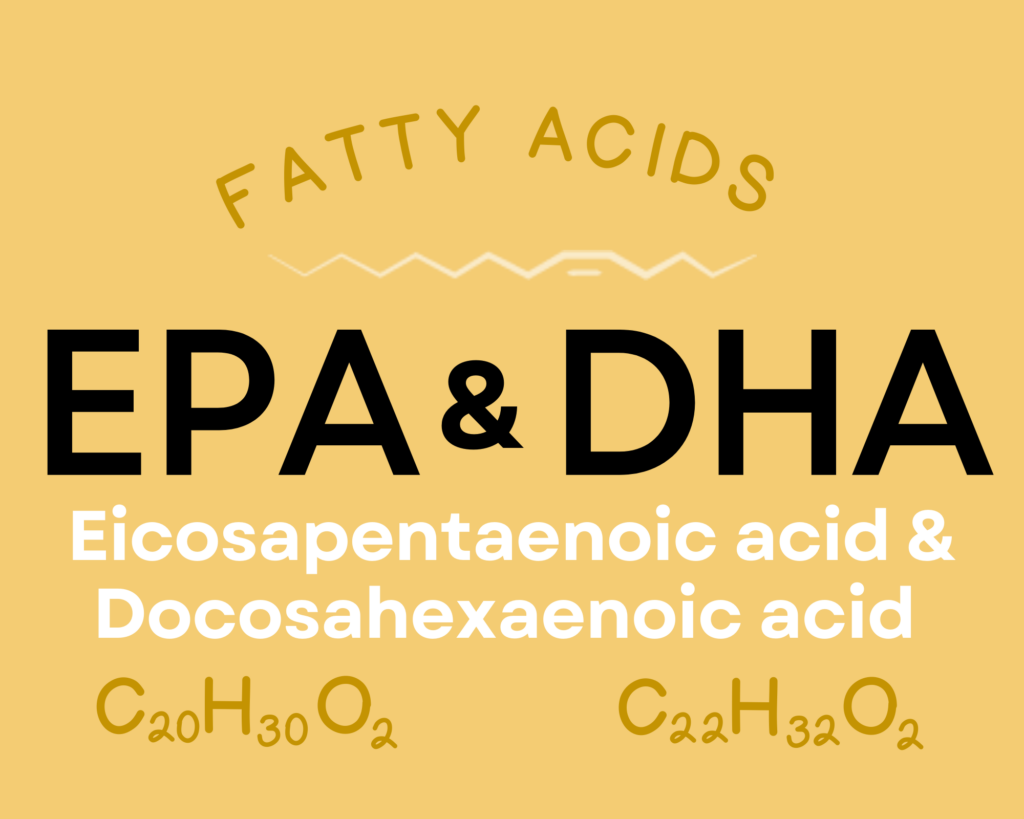
Eicosapentaenoic acid (EPA) and docosahexaenoic acid (DHA) are long-chain omega-3 fats that play important roles in neurological health, immune function, eye health and vision, inflammation, pain signaling, gut health, fetal development, and some aspects of cardiovascular health (like triglyceride levels and blood clotting). They exert many of their effects by helping form chemical messengers called prostaglandins, thromboxanes, and leukotrienes. EPA and DHA also serve as a structural component of the cell membrane, influencing important properties such as membrane fluidity and permeability. Small amounts of them can be synthesized from a shorter-chain omega-3 fat, alpha-linolenic acid (ALA). Learn more about EPA and DHA here.
Mussels Provide 753.7 mg of Taurine
This shellfish is also a fantastic source of taurine, providing an impressive 753.7 mg of taurine per 4-ounce serving!
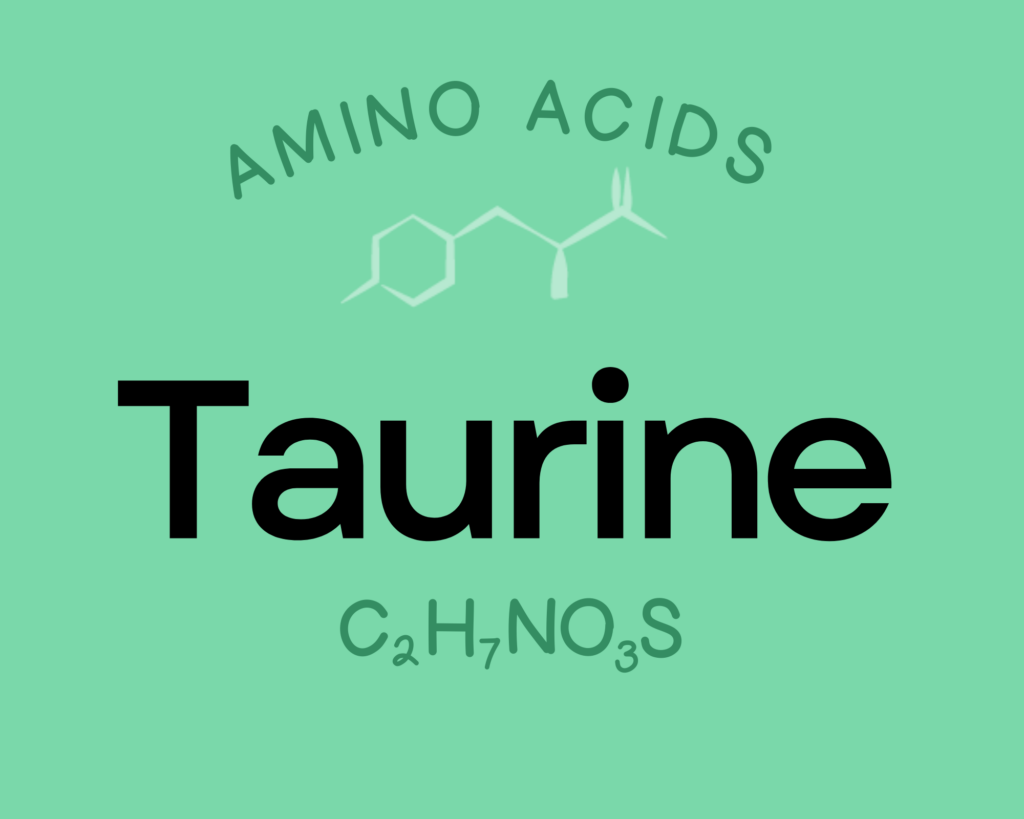
Taurine is a non-proteinogenic amino sulfonic acid that supports neurological development, serves as a major component of bile (which helps to digest fats), and plays a role in water and mineral regulation within the blood (including through membrane stabilization and calcium signaling). Taurine also regulates the immune system and serves as an important antioxidant, and it plays a role in cardiovascular function and the development of skeletal muscle.
Mussels Provide 170% DV Manganese
Mussels are an impressive source of manganese, providing 170% of the daily value per 4-ounce serving!
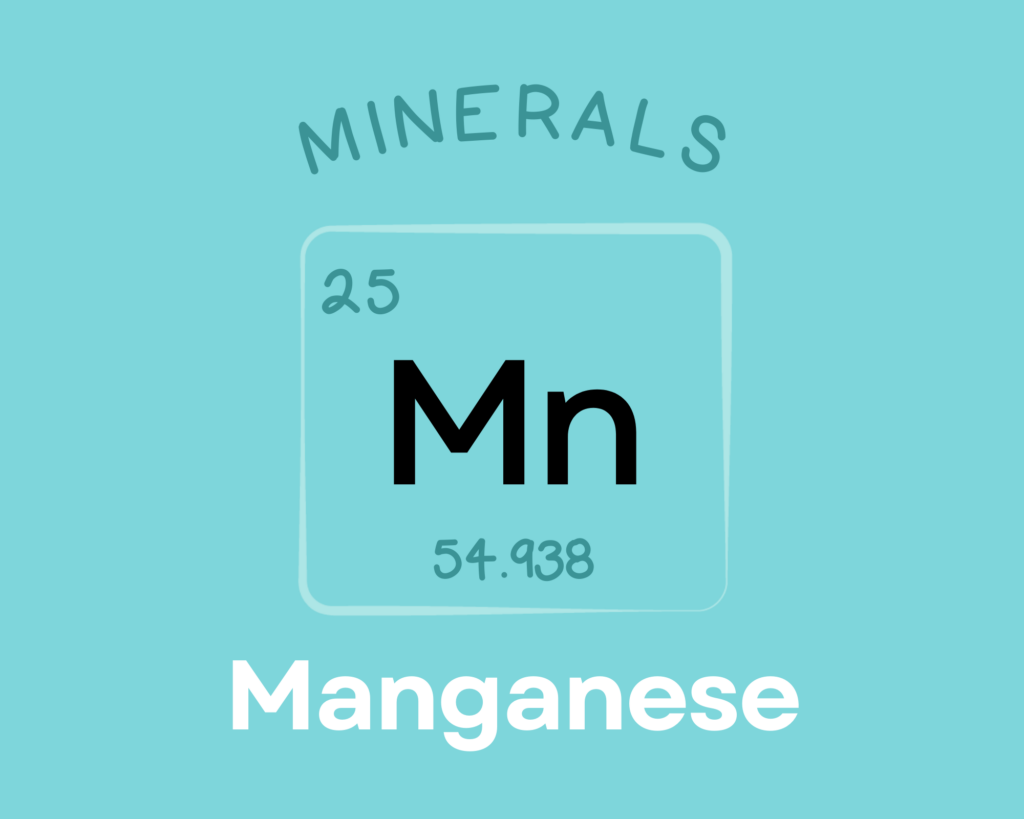
Manganese is an essential mineral that serves as a cofactor and component of numerous enzymes. Through these roles, it’s involved in carbohydrate metabolism, amino acid synthesis, gluconeogenesis, detoxification, lipid processing, free radical defense, bone and collagen formation, and wound healing. Although the research so far is limited, some evidence suggests that manganese can protect against osteoporosis and diabetes, and may even be involved in seizure disorders. Learn more about manganese here.
Mussels Provide 94% DV Selenium
Mussels are also a terrific source of selenium, providing 94% of the daily value per 4-ounce serving!
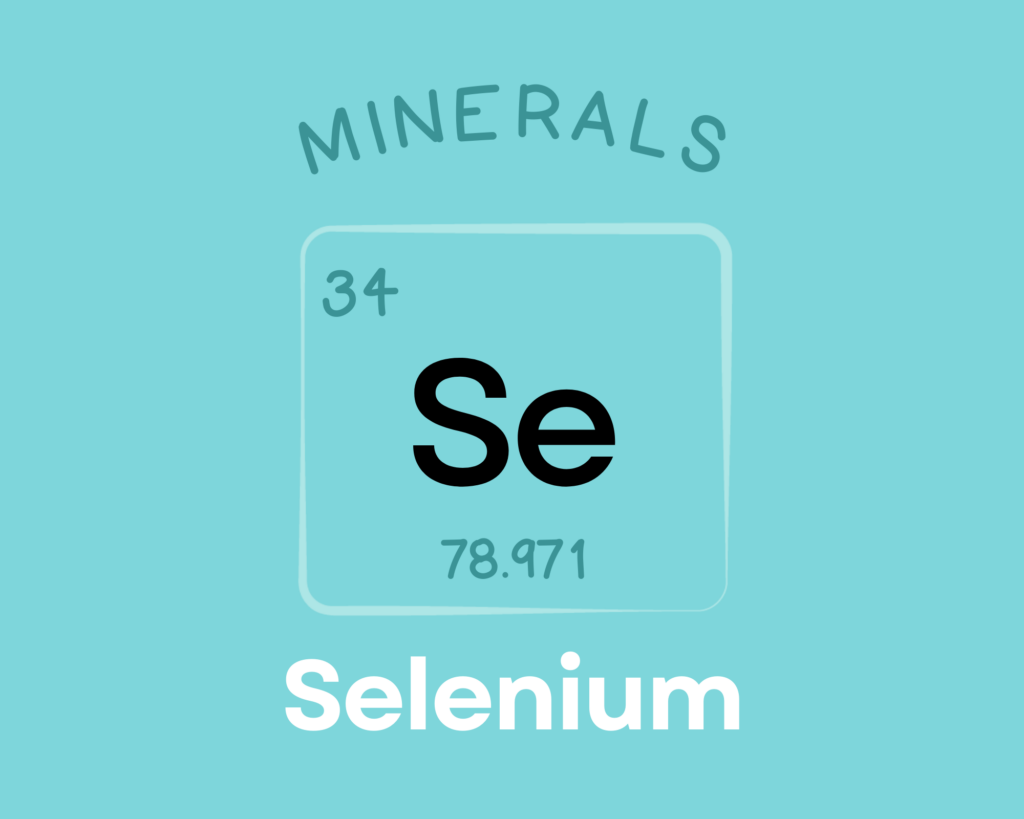
Selenium is a trace mineral needed by all mammals to sustain life. It serves as a component of the non-proteinogenic amino acids selenocysteine and selenomethionine, and also helps form over two dozen selenoproteins involved in reproduction, thyroid hormone metabolism, antioxidant defense, DNA synthesis, and immunity. Observational research suggests selenium could play a protective role against cancer, heart disease, asthma, and inflammatory bowel disease, although human trials have generally been lacking or contradictory. There’s also evidence that selenium can play a preventative role in asthma and inflammatory bowel disease, while also reducing mortality in patients with sepsis. Learn more about selenium here.
Mussels Provide 87% DV Vitamin B7 (Biotin)
Mussels are a great source of vitamin B7 (biotin), providing 87% of the daily value per 4-ounce serving!
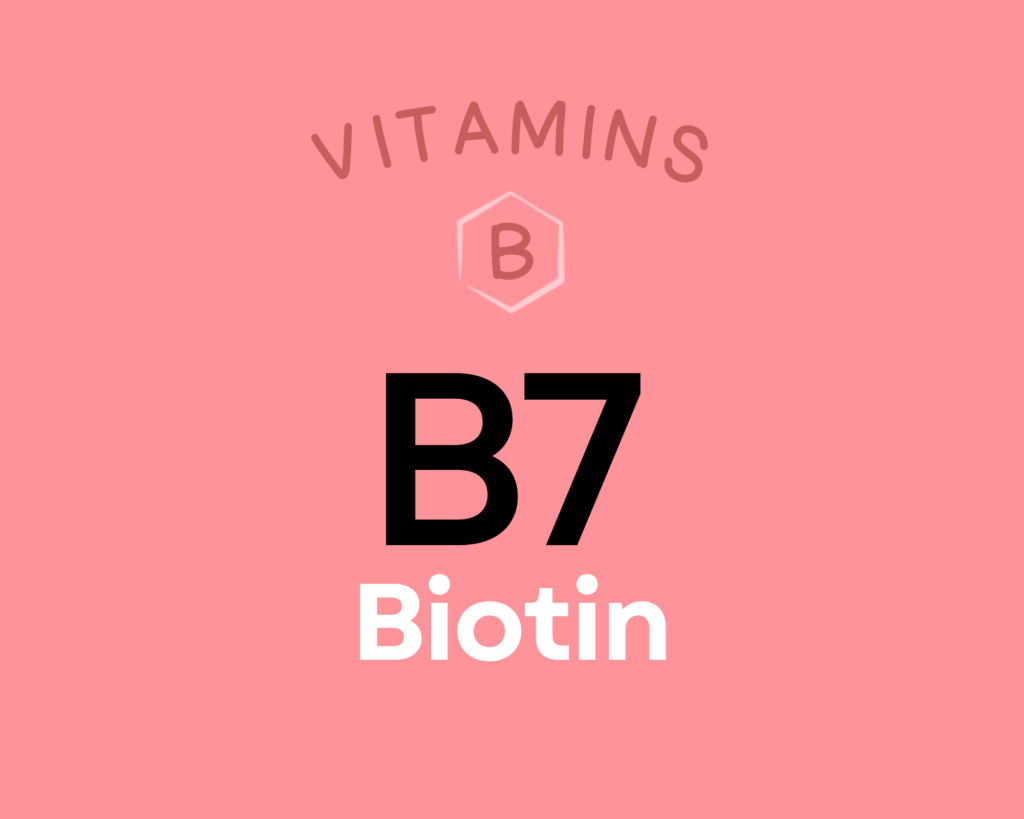
Biotin is a water-soluble B vitamin, also known as vitamin B7. Like other B vitamins, it plays an important role in energy metabolism (serving as a coenzyme for five carboxylase enzymes), neurotransmitter production, cellular function, and the function of various organs. Getting enough biotin can help support healthy nail and hair growth. It’s also particularly important during pregnancy, with low intakes increasing the risk of premature delivery and birth defects. There’s even some evidence biotin can benefit diabetics and reduce functional disabilities in people with multiple sclerosis. Learn more about biotin here.
Mussels Provide 80% DV Iodine
Mussels offer a substantial amount of iodine, providing 80% of the daily value per 4-ounce serving!
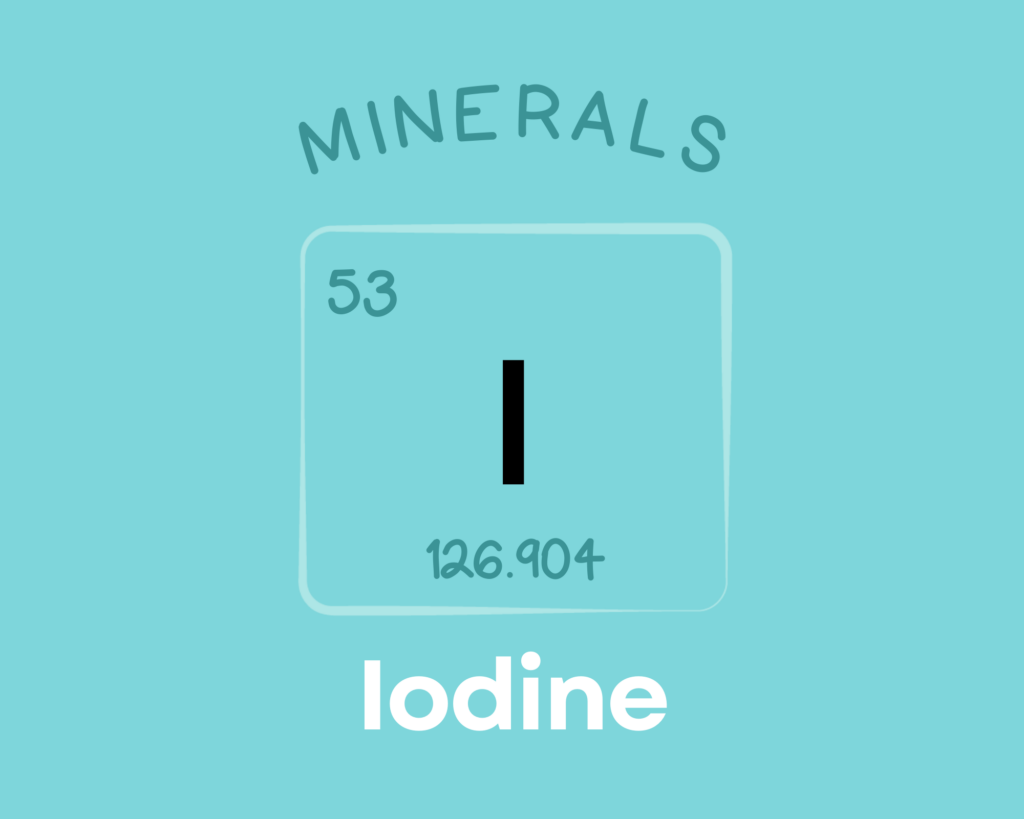
Iodine is a trace mineral that serves as a structural component of thyroid hormones, giving it a major role in thyroid health and function. As a result, it’s involved in regulating metabolism, reproductive function, fatty acid release, carbohydrate absorption, growth, and development. Consuming adequate amounts is particularly important during pregnancy (for preventing complications like preeclampsia, preterm delivery, miscarriage, and stillbirth) and during childhood (where it supports central nervous system development). Untreated iodine deficiency can lead to goiter and hypothyroidism. Learn more about iodine here.
Mussels Provide 13.7 g of Protein
Mussels are an excellent source of protein, containing 13.7 grams of protein per 4-ounce serving!
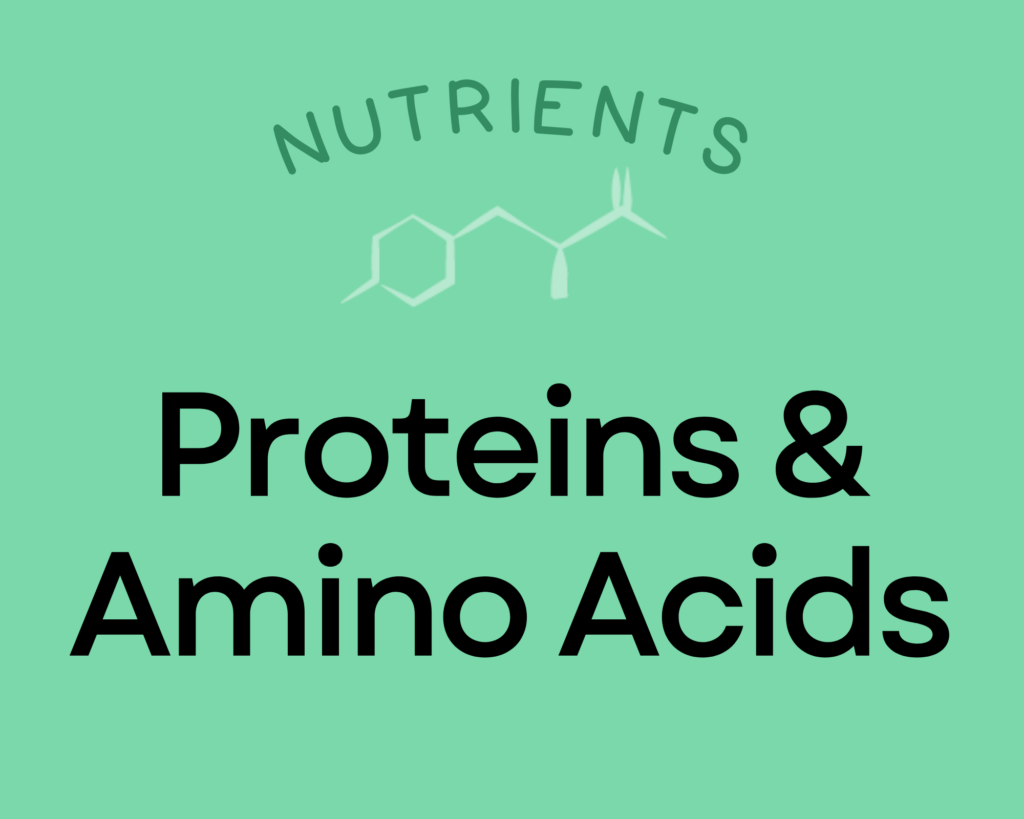
Proteins are the molecules that actually perform most of the various functions of life. In addition to being major structural components of cells and tissues, they have incredibly diverse roles from driving chemical reactions (e.g., enzymes) to signaling (e.g., some types of hormones) to transporting and storing nutrients. Dietary protein is necessary to supply the amino acid building blocks for all of the proteins in our bodies. The recommended daily allowance of protein is 0.36 grams per pound body weight (0.8 grams per kilogram of body weight). That amounts to 56 grams for a 150-pound person. However, it’s important to emphasize that this number is considered a minimum daily allotment, and there is no established upper limit. In fact, many studies have evaluated diets containing three to four times more protein than this minimum and proven benefits to weight management, body composition, hormone regulation, and cardiovascular health. These studies suggest that an optimal protein intake for most people is probably in the range of 1.2 to 1.8 grams per kilogram bodyweight (82 to 122 grams for that same 150-pound person), and that people who are very active may see the best results at even higher intake. Learn more about protein and amino acids here.
Mussels Provide 25% DV Iron
Mussels are also an excellent source of iron, providing 25% of the daily value per 4-ounce serving!
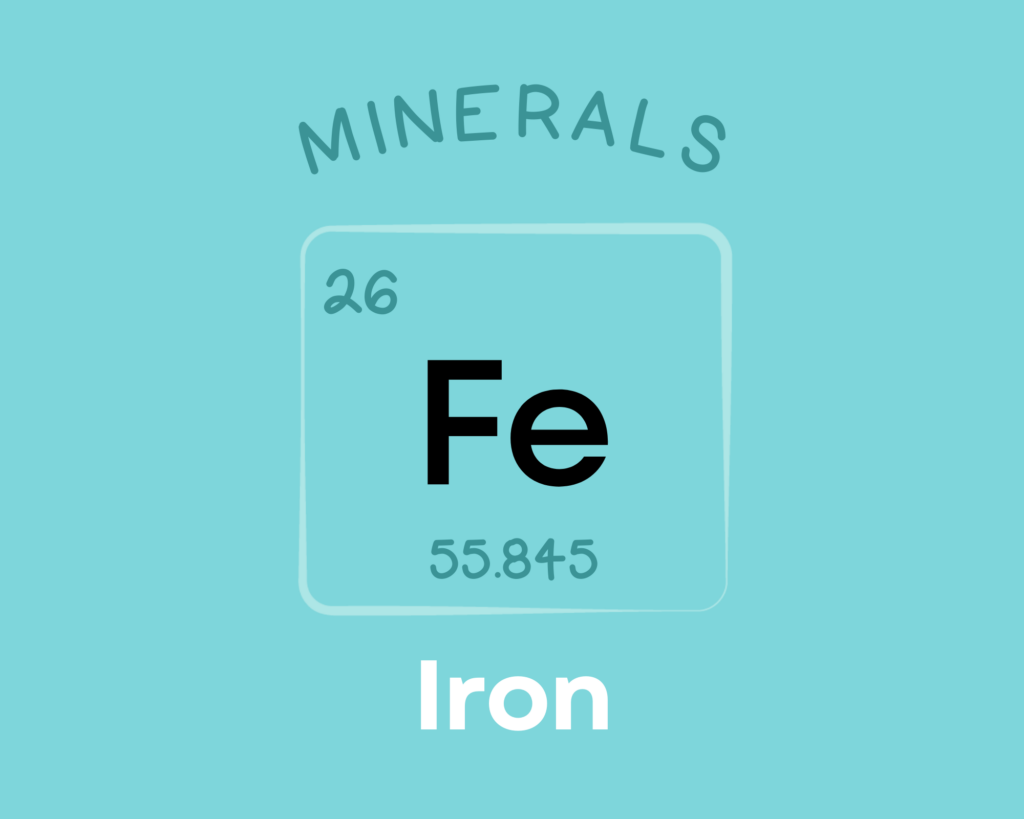
Iron is a mineral required for the metabolism of all living organisms. It’s needed for the function of numerous iron-dependent proteins involved in electron transport, energy metabolism, oxygen transport and storage, DNA replication and repair, free radical scavenging, and oxidative processes. It plays an important role in reproductive health, gestation, immunity, and central nervous system development. Learn more about iron here.
Want to know the top 500 most nutrient-dense foods?
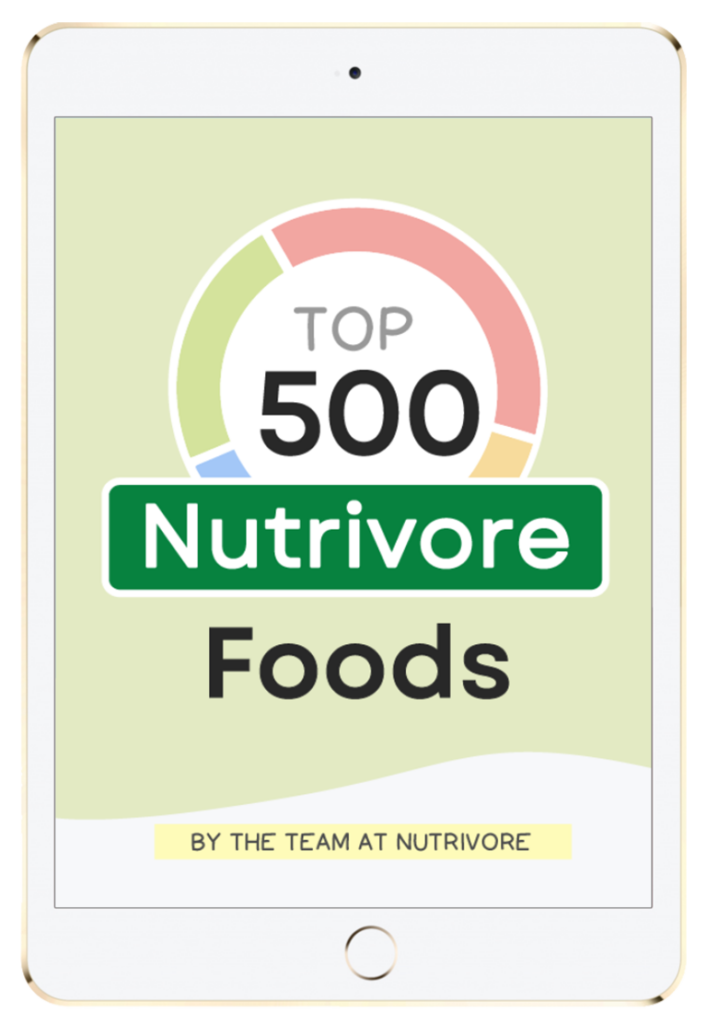
Top 500 Nutrivore Foods
The Top 500 Nutrivore Foods e-book is an amazing reference deck of the top 500 most nutrient-dense foods according to their Nutrivore Score. Think of it as the go-to resource for a super-nerd, to learn more and better understand which foods stand out, and why!
If you are looking for a quick-reference guide to help enhance your diet with nutrients, and dive into the details of your favorite foods, this book is your one-stop-shop!
Buy now for instant digital access.
How Much Mussels Should We Eat Per Day?
Shellfish, especially bivalves, are nutrient dynamos which can even rival liver in terms of nutrient density!
Fish and shellfish are not only nutrient-dense sources of highly-digestible gut-friendly complete protein and the best food sources of the very important long-chain omega-3 fatty acids, DHA and EPA, but they’re outstanding sources of important nutrients in which we are commonly deficient. Eating seafood reduces risk of cardiovascular disease, type 2 diabetes, obesity and some forms of cancer.
Shellfish are extremely rich sources of vitamin B12, zinc, copper and selenium while also providing impressive amounts of vitamin A, vitamin C, vitamin D, iron, copper, calcium, phosphorus, potassium, magnesium, manganese, iodine and selenium. Shellfish also contain smaller but still notable amounts of vitamins B1, B2, B3, B5, B6, and B9, while also providing dozens of trace minerals.
In fact, every 100 grams per day of seafood decreases all-cause mortality by 7%. And, every 20 grams per day of fish decreases cardiovascular disease mortality by 4%. Aim to eat three or more servings of seafood weekly (and up to every meal!). Learn more about seafood here.
Mussels are great for supporting cellular health, DNA synthesis, fat and carbohydrate metabolism, connective tissue and bone health, and blood sugar regulation. It’s always best to mix up the foods you eat day to day (aiming for a wide variety of different fish and shellfish throughout the week), and mussels definitely have a place at the table.
Easily track your servings of Nutrivore Foundational Foods!
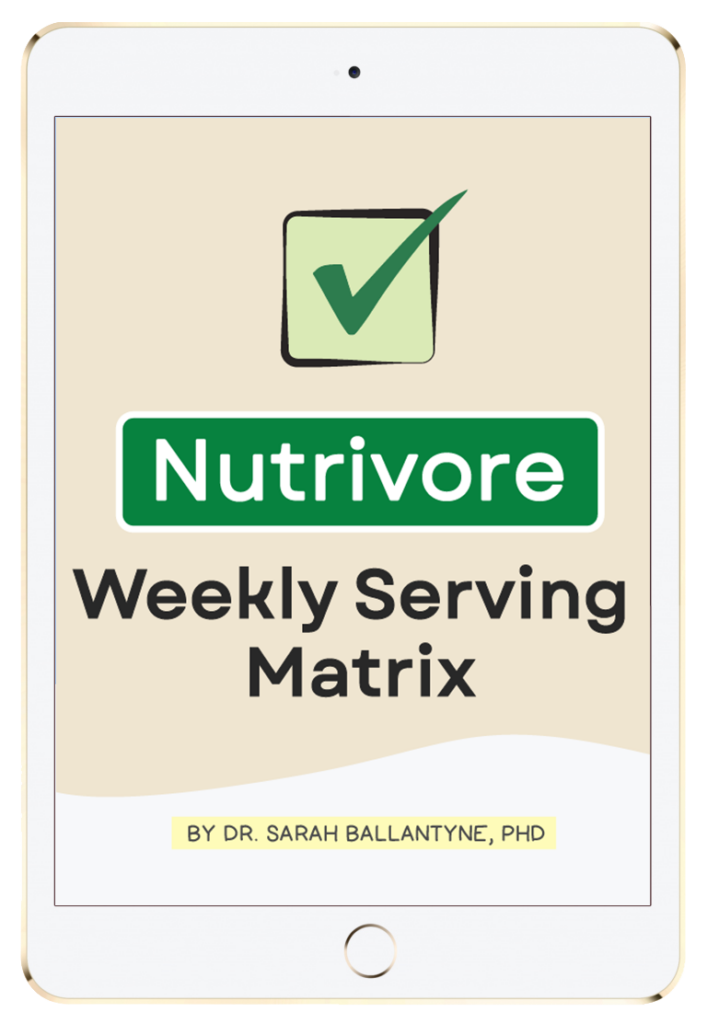
The Nutrivore Weekly Serving Matrix
The Nutrivore Weekly Serving Matrix digital resource is an easy-to-use and flexible weekly checklist designed to help you maximize nutrient-density and meet serving suggestions of Nutrivore foundational foods, all without having to weigh or measure your foods!
Includes a 22-page instructional guide and downloadable interactive guides.
Buy now for instant digital access.
Citations
Expand to see all scientific references for this article.
Chin SF, Liu W, Storkson J, Ha Y, Pariza M. Dietary sources of conjugated dienoic isomers of linoleic acid, a newly recognized class of anticarcinogens. Journal of Food Composition and Analysis. 1992 Sept(5):185-197. DOI:10.1016/0889-1575(92)90037-K
Pravst I, Zmitek K, Zmitek J. Coenzyme Q10 contents in foods and fortification strategies. Crit Rev Food Sci Nutr. 2010 Apr;50(4):269-80. doi: 10.1080/10408390902773037. PMID: 20301015.
USDA Food Central Database: Mollusks, mussel, blue, raw
Sprague M, Chau TC, Givens DI. Iodine Content of Wild and Farmed Seafood and Its Estimated Contribution to UK Dietary Iodine Intake. Nutrients. 2021 Dec 31;14(1):195. doi: 10.3390/nu14010195. PMID: 35011067; PMCID: PMC8747335.
Watanabe T, Kioka M, Fukushima A, Morimoto M, Sawamura H. Biotin content table of select foods and biotin intake in Japanese. Int J Anal Bio-Sci. 2014. Vol 2(4):109-125.
Wójcik OP, Koenig KL, Zeleniuch-Jacquotte A, Costa M, Chen Y. The potential protective effects of taurine on coronary heart disease. Atherosclerosis. 2010 Jan;208(1):19-25. doi: 10.1016/j.atherosclerosis.2009.06.002. Epub 2009 Jun 11. PMID: 19592001; PMCID: PMC2813349.


